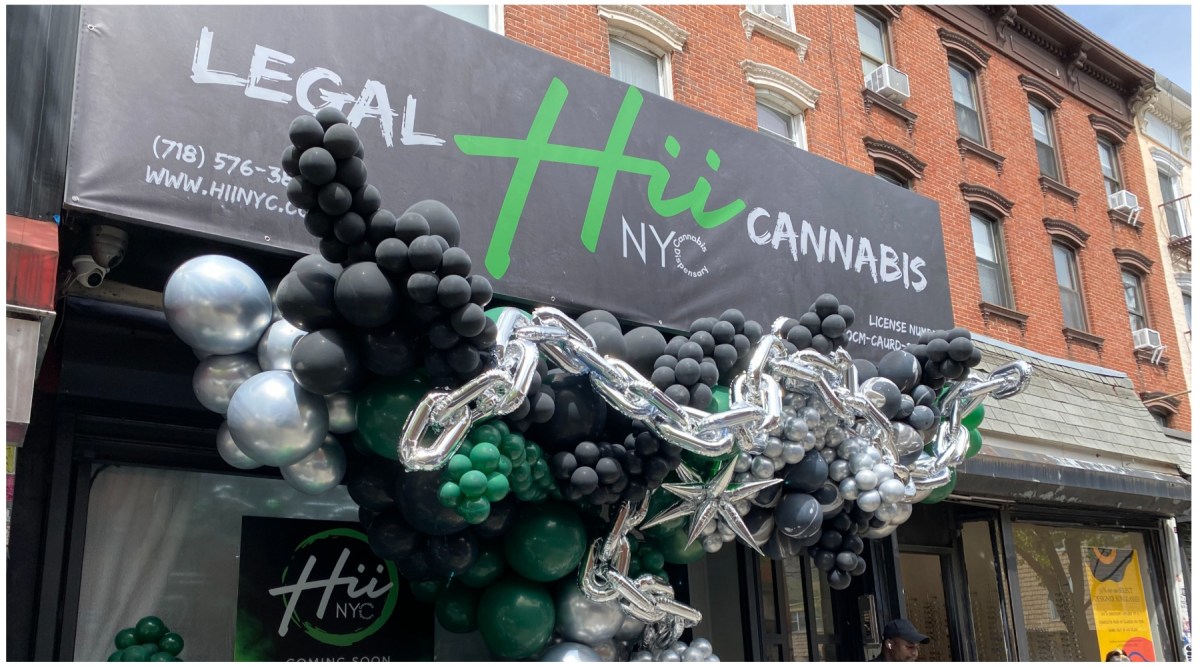BY GERARD FLYNN | Donna Chiu is a housing attorney with Asian Americans for Equality, a nonprofit in Chinatown, and with more than 10 years on this beat, she has never seen a break in tenant harassment.
Recently, residents from a five-story multiple dwelling at 211 Madison St. have been pouring into her office, located nearby on Division St., to get help. They say that their landlord, Silverstone Property Group, is trying to push them out of their rent-stabilized apartments so they can be converted into market-rate units, which command exorbitant prices in gentrifying Chinatown.
The 20-unit building was constructed in the 1920s. Its current residents, Chinese immigrants, mostly speak limited English, making them much less likely to fare well in Housing Court. But that’s where their landlord has been taking them since taking control of the building last November.
“A lot of owners are coming into Chinatown and the Lower East Side, where long-term tenants are,” Chiu said.
“They know the tenants are afraid to speak out,” she said. “They don’t know their rights. A lot of our residents are getting court papers and saying ‘Oh, my God. What am I gonna do? I don’t even speak English.’ ”
Tenants are alleging that representatives from Silverstone, which declined to comment for this article, are banging on their doors and urging them to take buyouts. They say the landlord representatives are even suggesting that noncompliant tenants could face imprisonment, as they also refuse to make repairs and initiate baseless lawsuits in Housing Court.
Not speaking English or knowing the ins and outs of Housing Court, Chiu said, places landlords at a significant advantage over the tenants. Housing Court papers in English might not be read by Chinese-speaking tenants, leading to a default judgment against them.
“If they don’t know there is a default judgment against them and time lapses, the landlord can get a warrant of eviction,” she explained. “We have seen that happen.”
Ted De Barbieri, an assistant law professor at Brooklyn Law School, recently remarked that “nowhere is the gap between rich and poor as stark as in New York City Housing Court.”
Chiu noted that almost all landlords are represented by an attorney, while most tenants have little or no legal assistance.
While tenants at 211 Madison St. have started to organize, they are terrified, Chiu said, about their prospects and insisted on speaking only anonymously to The Villager.
One tenant described how many tenants are getting offers of a measly $16,000 to leave.
Another told the newspaper that “the new landlord is not taking a downstairs tenant’s rent. Since January they have been returning her rent.”
Another tenant is facing a Housing Court action because the landlord charges he is violating the terms of his lease by living elsewhere — a claim the resident vigorously denied.
At another building, 43 Essex St., tenants are also alleging harassment, including ominous visits from the infamous Michel Pimienta, a “tenant relocator,” who is also in the pay of Samy Mahfar of SMA Equities. They recently sued their landlord.
In October, state Attorney General Eric Schneiderman slapped Pimienta with a $40,000 fine and made him agree to stop his relocation activities.
Tenants say the owners of 43 Essex St. are doing illegal construction that has compromised the building’s integrity and caused structural damage to apartments. There are gaping holes in ceilings and walls, they say, and one tenant reportedly can see through her bedroom floor into the apartment below.
The owners have also allegedly used the building’s air shaft as a makeshift garbage chute, resulting in heaps of construction waste and black dust entering tenants’ apartments through windows and cracks in the walls. In addition, the apartments lack heat and hot water, forcing tenants to boil water for showers. Plus, the building also lacks gas; tenants must use portable gas stoves and purchase ready-made food.
Offering hope had been a proposed Chinatown/Lower East Side Special District. But it was recently rejected by the Department of City Planning, under its chairperson, Carl Weisbrod. Without that bulwark, Chiu has a stark vision of Chinatown in 10 years time.
“For sure, it’s going to be full of yuppies,” Chiu predicted, “a tourist destination, with pockets where you still see immigrants living in horrendous conditions. Even now, I hear that all the time in Chinatown.”


















